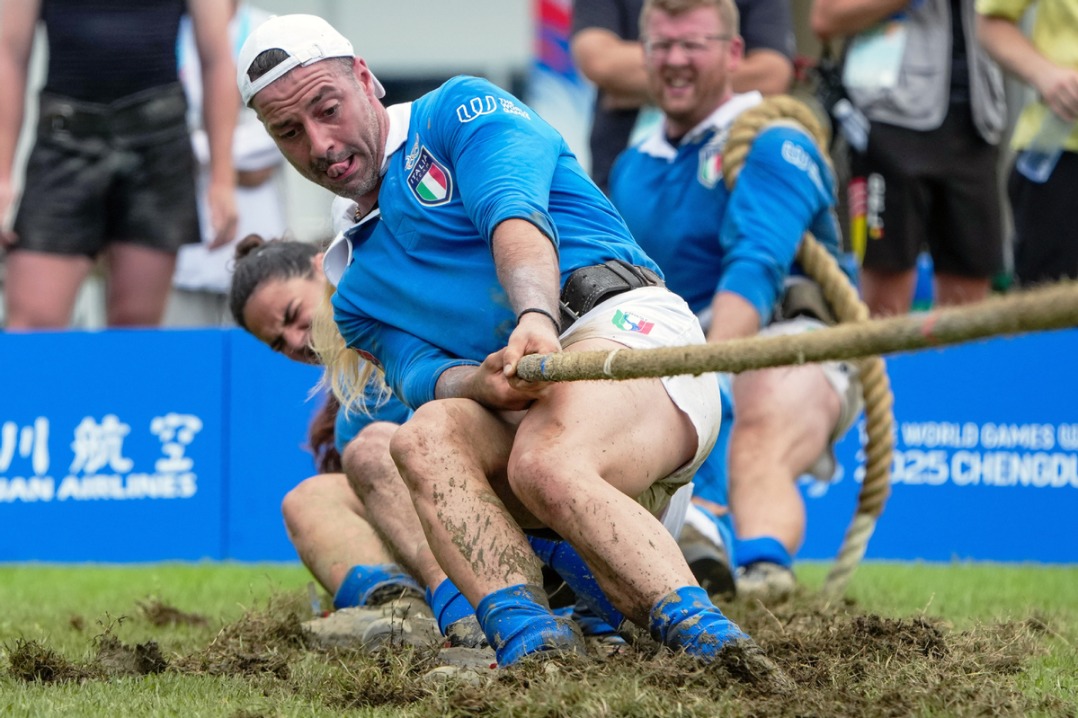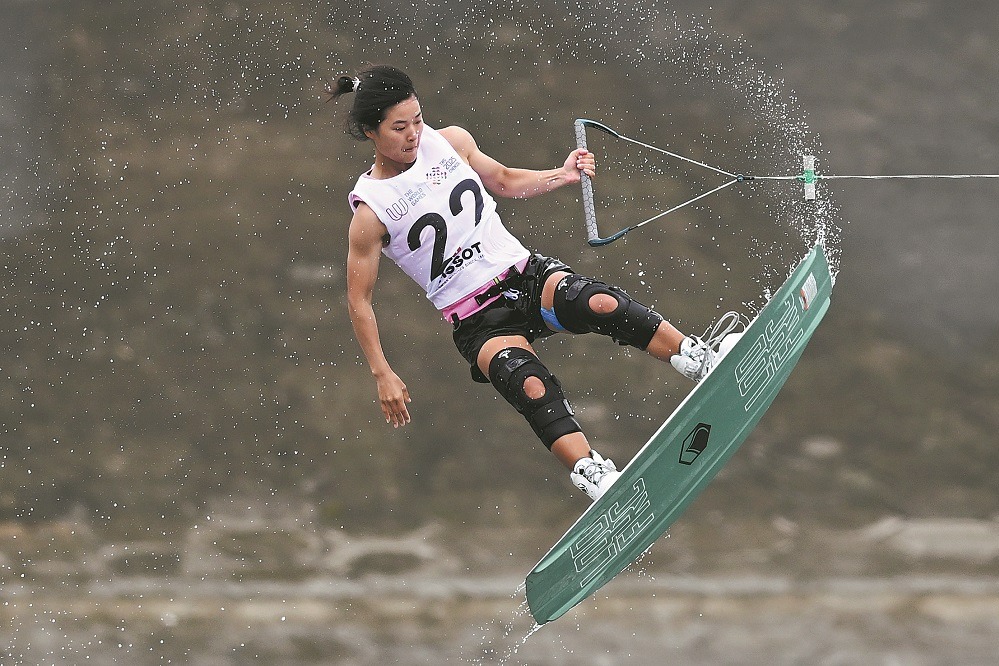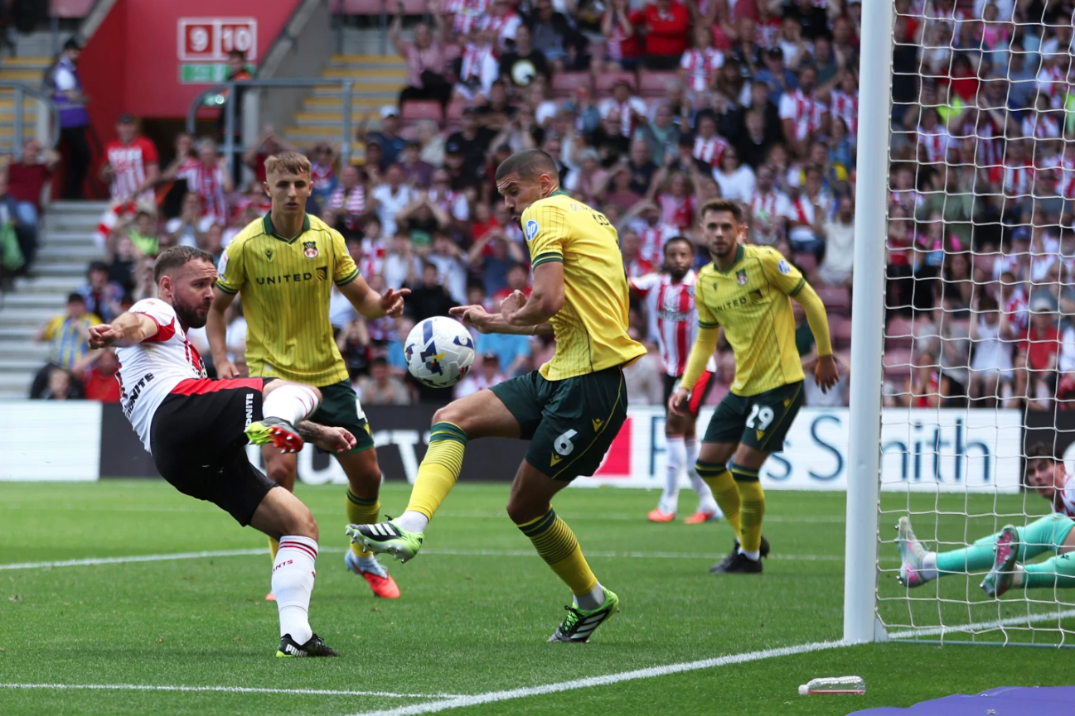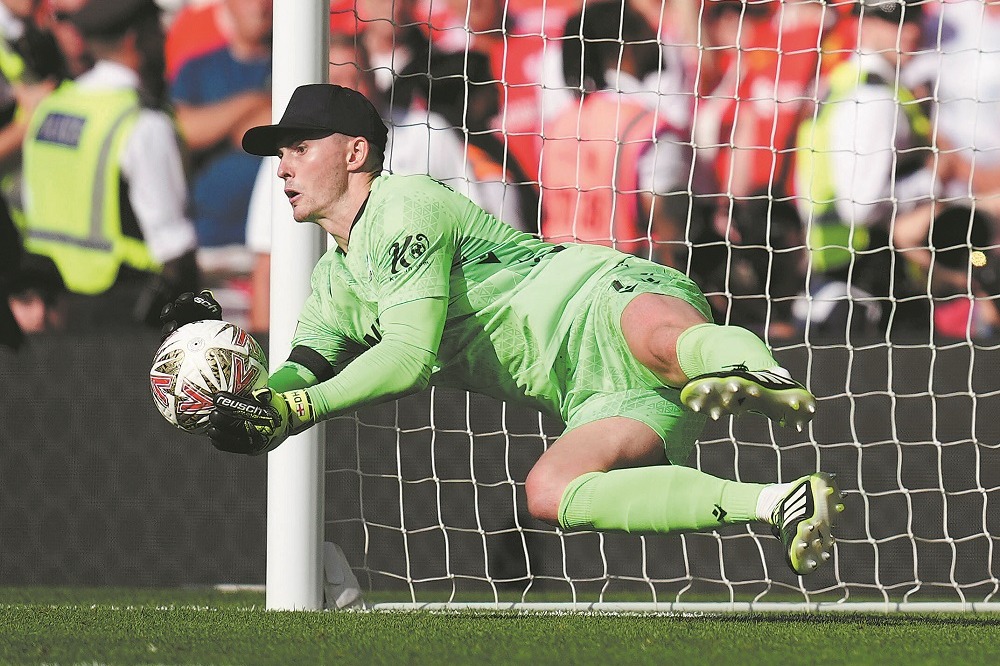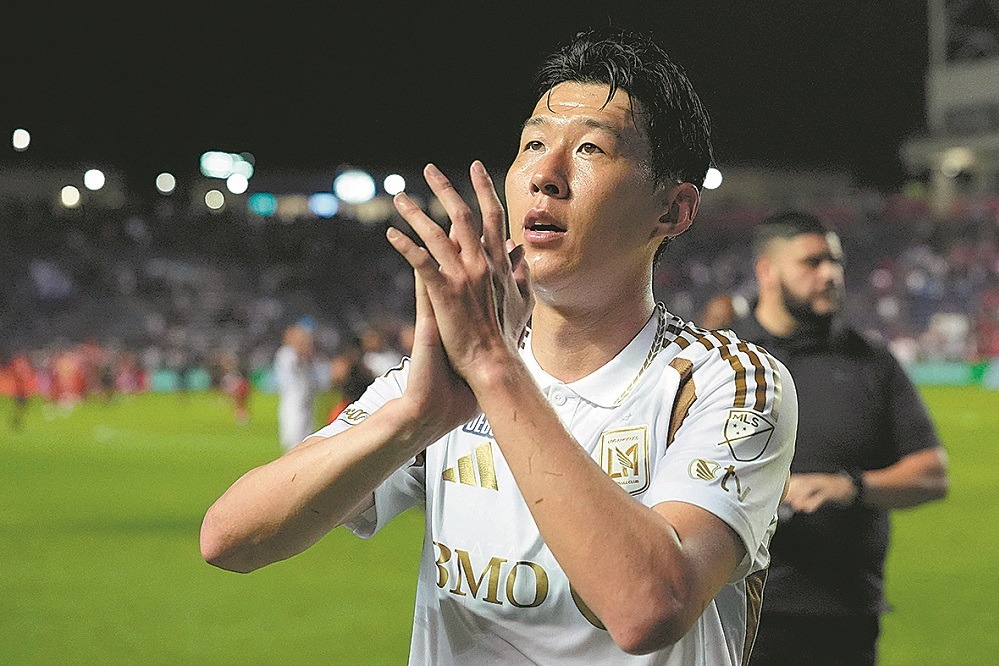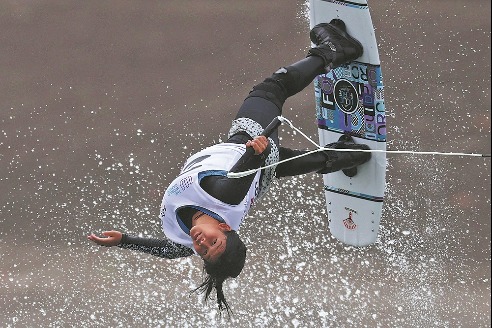French engineer builds on her wushu experience

CHENGDU — Juliette Vauchez finished a distant sixth in the women's changquan-jianshu-qiangshu routines at the Chengdu World Games on Saturday night.
But off the competition floor, her calm smile and steady presence reflect the poise of a Chinese martial arts master from a wuxia novel — a genre of Chinese martial arts fiction.

"Wushu has taught me to be peaceful and to understand that there is always someone stronger," the French athlete said. "My goal is simply to keep improving myself."
Wushu has truly shaped her life.
Juliette was born in Bordeaux, a city famous for its wine, but not for wushu, the Chinese martial art with a long history. Her passion for the sport started early, thanks to her father, who took her to a local wushu club when she was six.
"At first, there were no children's classes, so I had to train with teenagers," Juliette recalled.
"It was hard, and I felt a little sad being the youngest. But from the beginning, I learned to stay focused and consistent."
Her discipline extends beyond sport. Now 27 and working as an engineer, she balances her job with evening training sessions.
"You have to concentrate to be efficient, whether at work or in training. That's the way to manage everything well and take responsibility for your own life," she said.
Her skill and dedication quickly earned her a place on France's national team. At age 15, she made her international debut at the 2013 World Wushu Championships in Kuala Lumpur.
"Traveling around the world with the national team was huge for me. It was thrilling. Though I felt my performance was a little clumsy, I knew it was only the beginning of my journey on the international stage," said Juliette.
With each competition, Juliette's competitive spirit grew, but so did her understanding of humility and steady progress, along with knowing when to pause to make further progress. She sees these lessons as part of a deeper Chinese mindset.
"Wushu is a never-ending journey full of challenges and setbacks, such as injuries. Sometimes, you have to rest, take a break, and then keep moving forward. That, to me, is the hidden part of Chinese culture — the mindset," she said.
The constant rhythm of international competitions has also shaped Juliette's outgoing personality and helped her build lasting friendships across borders. She maintains contact with competitors from around the world, and, despite the distance and cultural differences, those connections remain strong.
"Wushu lets anyone express themselves," she said. "I feel close to those who share my passion and enjoy seeing them at competitions. Sometimes, I even forget we're from different countries, because, deep down, we're the same."
On the national team, Juliette has grown into a leader, and was the oldest member at the most recent training camp.
"We usually have two weeks of domestic training each year, all together. We even cheer each other on in Chinese, shouting 'jiayou!'" she said. "My teammates called me big sister. It's strange, because, in my mind, I'm still the youngest, just like when I started competing."
Juliette and her husband, fellow wushu athlete Benoit Denolle, also work to promote the sport in Bordeaux, teaching at their club and in various places around the city. They hope to make wushu the city's second calling card, alongside its famous wine.
Xinhua
Most Popular
- Chengdu games hailed as the new benchmark
- Gold medal-winning boarder Xu leaves rivals in her wake
- Wrexham suffers rude awakening in return to Championship
- Henderson the hero in Palace penalty win
- Son savors warm reception on MLS debut
- Batting cage debut proves to be an overall hit
















